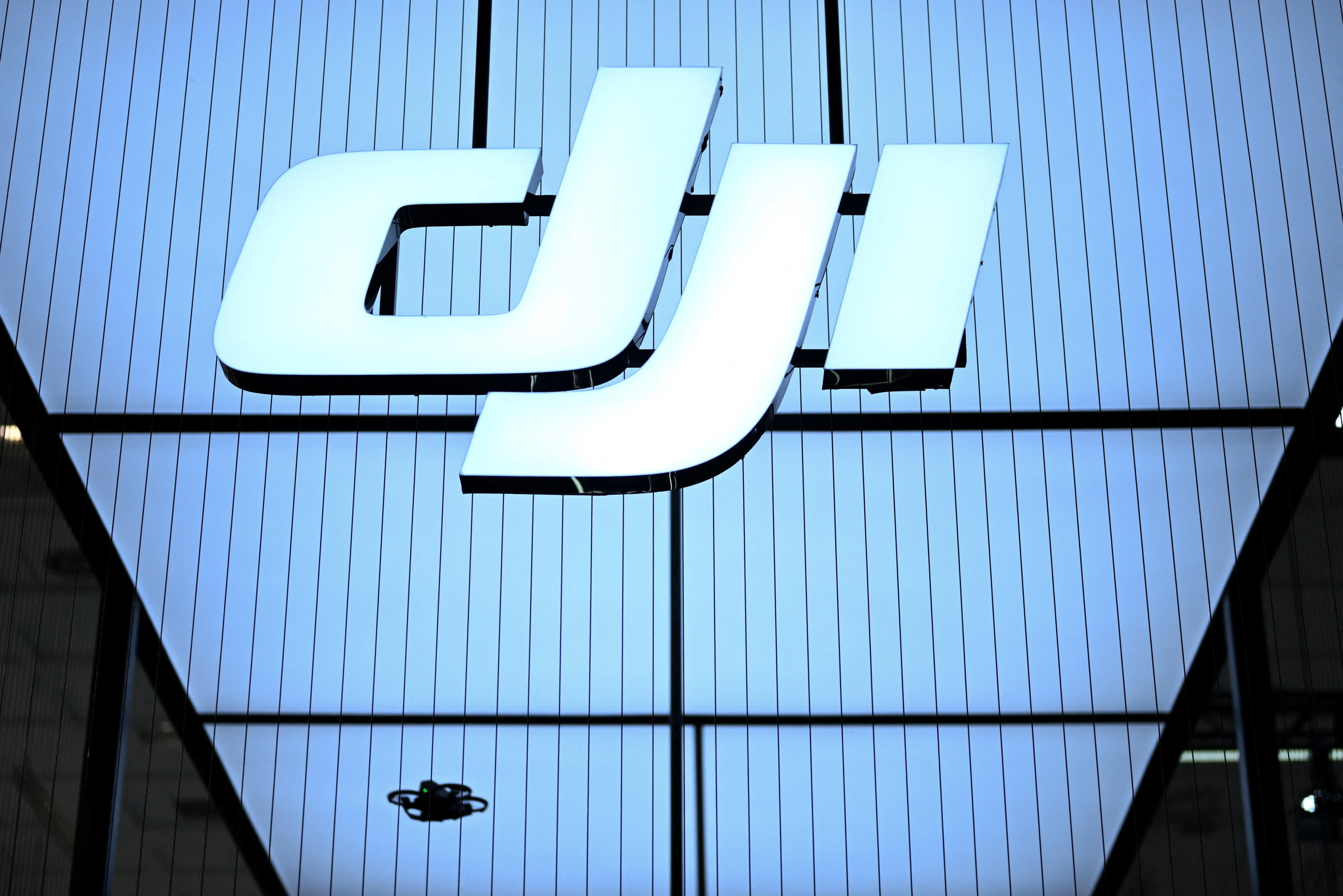By Bochen Han
Copyright scmp

A US federal judge on Friday rejected a push by Shenzhen-based DJI, the world’s largest drone manufacturer, to be removed from the Pentagon’s blacklist of companies allegedly linked to China’s military.
In his opinion, US District Judge Paul Friedman in Washington said the Department of Defence had substantial evidence supporting its finding that DJI, which accounts for over half of all US commercial drones, contributes to the “Chinese defence industrial base”.
DJI had filed a suit last October seeking its removal from the Pentagon list, arguing that it “is neither owned nor controlled by the Chinese military”.
The drone maker was first added to the annually updated list of Chinese military companies, known under US law as the “Section 1260H list”, in 2022. While placement on the Pentagon list does not involve immediate bans, it sends a stark warning to US entities about the risks of conducting business with affected companies and could put pressure on other executive branch agencies and Congress to add further restrictions.
In its lawsuit, DJI said the Defence Department’s “unlawful and misguided” decision cost it business deals, stigmatised it as a national security threat and barred it from contracting with multiple federal agencies.
Responding to Friday’s court decision, a representative for the company said it remained committed to the US market and is currently evaluating further legal options.
“While DJI is pleased that the court agreed with DJI and rejected most of DoD’s purported justifications for listing DJI, we are disappointed that the court nonetheless upheld the listing. This decision was based on a single rationale that applies to many companies that have never been listed,” the representative said.
The Defence Department declined to comment.
DJI commands roughly 75 per cent of the consumer drone market globally and is known for producing models that customers describe as affordable, user-friendly, and packed with cutting-edge features that save both time and money. The drones are used everywhere from construction companies to farms. Yet few US drone makers sell the kinds of consumer and industrial products that DJI makes, opting to focus on the more lucrative business of serving the military and public safety agencies.
The company has for years been caught in the cross-currents of US-China tensions.
The Department of Justice in a court filing told Friedman that the US “has long expressed significant concerns about the national security threat posed by the relationship between Chinese technology companies and the Chinese state”.
US lawmakers have accused DJI of a litany of infractions, including using forced labour, profiting from unfair subsidies and being a cybersecurity threat.
In July, the Commerce Department launched a probe into whether imported drones pose a national security risk, a step that could lead to higher tariffs. In 2020, it added DJI to a trade blacklist that requires US firms to obtain a license before doing business with the company.
The Treasury Department in 2021 placed DJI on a list that bars US persons from purchasing or selling certain publicly traded securities tied to the company.
A separate measure is also pending that would prevent new DJI products from obtaining Federal Communications Commission licenses to operate unless a federal agency completes a formal security review by December 23.
In July, Friedman sided with the government in a case brought by China-based lidar maker Hesai Group, which had also challenged its inclusion on the Pentagon’s list. Hesai has appealed against Friedman’s order.
Other companies, like the Chinese battery maker Contemporary Amperex Technology (CATL) and the chip equipment maker Advanced Micro-Fabrication Equipment, have sued or threatened to sue after being placed on the Pentagon’s list.



